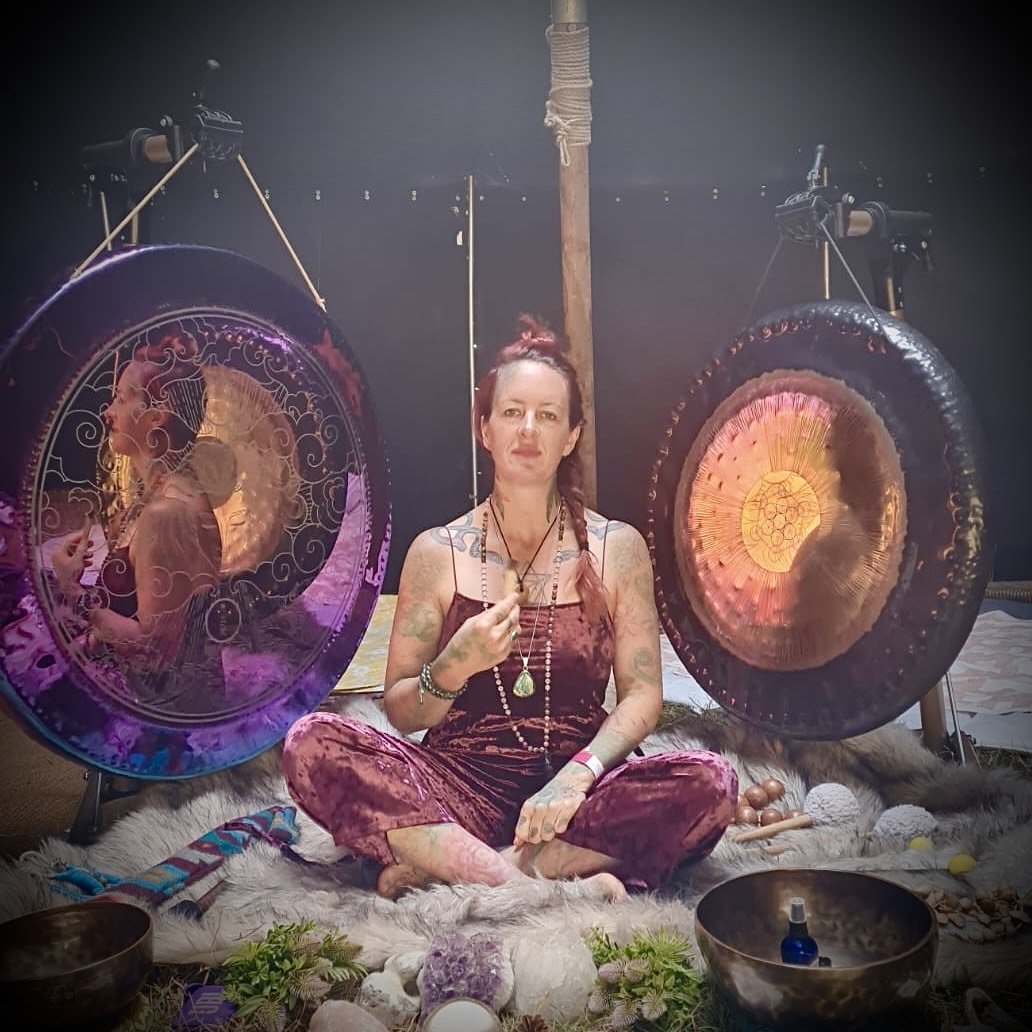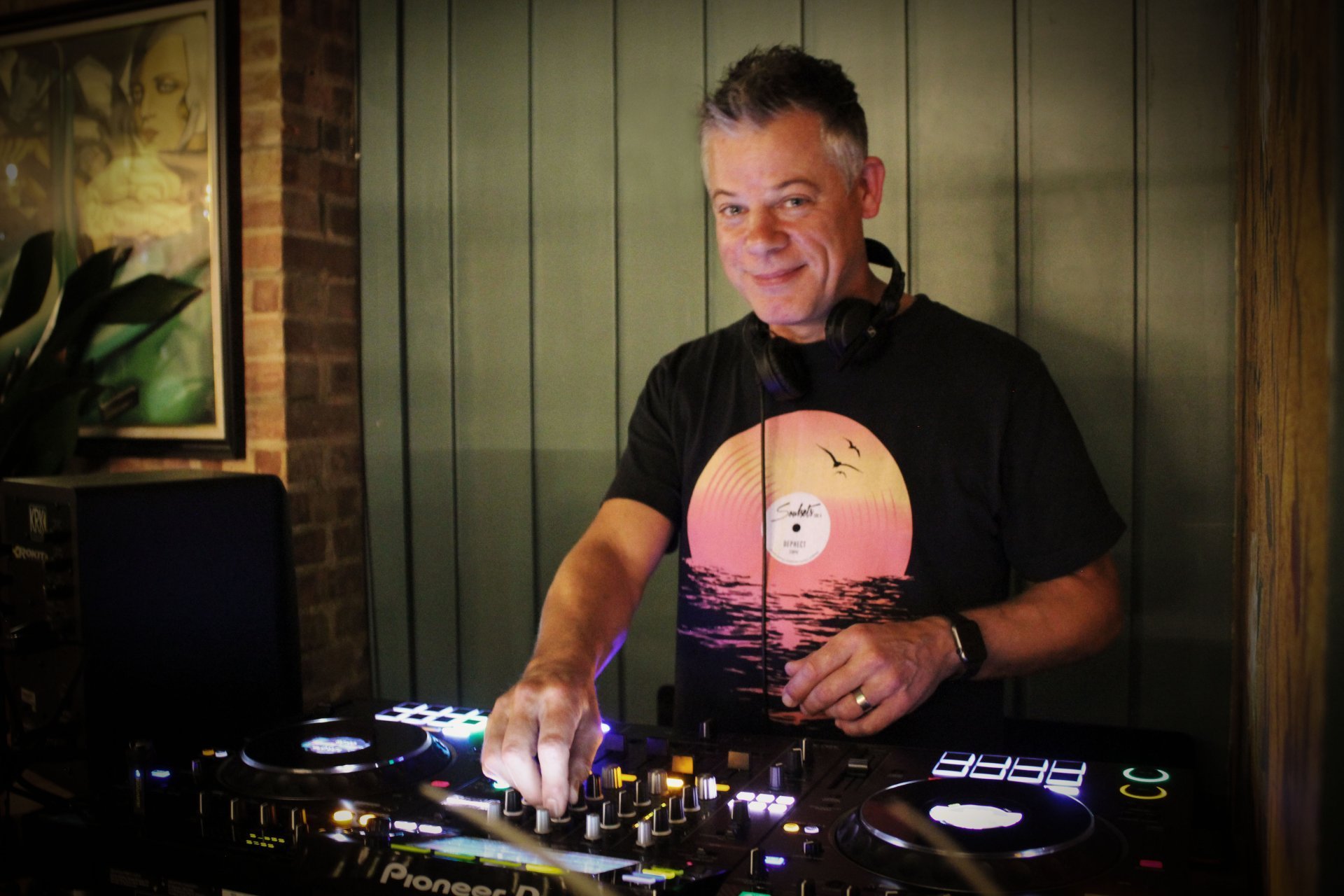This really is one of the big questions and, as such, it’s occupied the minds of some of the greatest thinkers, theologians and philosophers throughout the millennia – therefore, it can’t be an easy one to answer, even partially. And if some of the greatest minds haven’t really come up with an acceptable answer, it needs a different approach than they’ve taken, otherwise they would all have agreed on the answer. However, post-industrial revolution, 21st century thinking isn’t adequate to make any meaningful penetration into the vast territory posed by the question in the title. Not only do we need to take an unusual approach but also certain concepts may have to be taken on trust because it would take dozens of pages to explain them so it’s better to leave them to another time.
The unusual approach we’re taking to “Who am I?” is to discount everything that you are not, then whatever is left is the answer we’re searching for. However, it could be the case that once worked through, the answer we come to may not be what we expect and may only be able to understand with more research – but whatever, here goes.
Are you your body?
It has been understood for centuries that the body is the carnal vehicle we inhabit during our earthly sojourn and that when we die it rots back to the planet. Also, some people have been totally paralysed except for one small part of their body (the eyelids, for instance) and still retain their identity. This shows that the body isn’t essential for whatever the “I” of us is or the person would cease to exist if they lost use of their body. Therefore, you are not your body.
Are you your gender?
Gender is one of the two planetary functional inclinations the body is dedicated to and is not really unique to any one of us. The way we may interpret what happens to us, or the way we form our perceptions and viewpoints, is heavily influenced by gender but that doesn’t mean it is personal to us individually. Gender is more to do with the question “Why am I here and where am I going to?” than “Who am I?” and, as such, not part of this short investigation. So, although gender can be an influence, you are not your gender.
Are you your astrological sign, root number, element (bull, lion, etc), or other similar character description?
These are the inescapable flavours and character inclinations every person alive falls under. However, they do not decide who you are but rather indicate which traits you are naturally inclined towards. Therefore, as partial descriptors they are not you.
The next series of features are not so easy to discount.
Are you your thoughts?
Well, maybe. They are, after all, exclusive to you because no one else can have your thoughts in the combination and mixture you have them. However, unless you can summon brand new thoughts that no-one has ever had before – ever – then they aren’t exclusively yours but a repetition, duplication, extension or expansion of someone else’s thoughts. Can you live without new thoughts? In fact, some people seem to live without them and, instead, form their opinions and views from what everyone else says or what they read in magazines or books, or see on television – so that is definitely a situation of living on repetitions and duplications of what thoughts already exist. Therefore, you are not your thoughts.
Are you your emotions or feelings?
This is another aspect which is not so easy to discount. Again, like thoughts, when you have them, emotions are exclusive to you and no one else can feel them exactly like you feel them. Two points to consider are: can you live without them and do other people have the same emotions? In the annals of psychology, psychiatry and neuro-physiology, there are well-documented cases where individuals, usually through accidents, have had parts of their brain damaged or removed and as a consequence cannot feel, or process, emotions any more, whereas before the accident they were as capable as any one else of feeling the full range of emotions. As they are still individuals with thoughts, self-awareness, character and personality, it seems that it is possible to be you without experiencing emotion. Feelings are an internal bodily state with attendant physical reaction and are triggered by an emotion and so, as such, are not independent states in themselves. So, we can conclude that you are neither your emotions nor their attendant feelings.
Are you your consciousness?
This is definitely not so easy to discount, so we need to briefly look at what consciousness could be. The first question in this is to ask, is consciousness the same as awareness? Not really. Awareness is a physical and/or mental registration of certain factors that are, for whatever reason, currently impinging on our thoughts or feelings. A flea, a microbe or a giraffe has awareness so it can’t be an exclusively human property. Quite obviously, life on this planet requires certain levels of awareness from all forms of life – mostly at the levels of survival, food, warmth, pain, territory and procreation.
What we humans have in abundance is the ability to give any awareness we have meaning and significance beyond its factual and immediate registration or implication – which would seem to encompass what we call consciousness. So, is this consciousness inherent in everyone and everything (like a kidney) and simply waiting to be used or released - or is it external to an individual and needs to be connected to? If it’s inherent but dormant, it can be discounted because any one person may not activate it beyond the animal level mentioned earlier (food, procreation, etc) but still have an “I”. If it’s external, then it can also be discounted because any one individual may not have the wherewithal to connect yet still be them and have an “I” they wonder about.
Are you your soul?
Esoteric tradition and understanding has always taught that the soul is a part of the body, which we have already discounted. In high esoteric knowledge the soul is known as the orchestrator of the body in all its parts – physical, mental, emotional, electrical and magnetic. And further, it has always been regarded as belonging to the planet rather than being a free agent, which it would need to be if it was the ‘you’ of you.
Are you your spirit?
This is definitely the hardest question to discount and get to grips with so far and requires the greatest willingness to leave behind the comfort of current 21st century thinking in order to make any headway at all, even partial. I do not consider myself very intelligent about the spirit but was extremely fortunate to come into contact with someone who was. I can only offer a partial glimpse into the enigma of the spirit – however, because of the understandings I’ve been given even these partial glimpses I have far outstrip anything I have heard or read about before or since.
My understanding is that the spirit is a high plasma entity that takes up residence in a human for its own purpose and can enhance and grace a person if their internal state allows it to expand from its “house” (the base of the spine). That being the case, the spirit cannot be you. However, in certain circumstances, it is possible that something from an individual can join with the spirit at the death of the physical body and go with it to wherever it goes once the person’s life has ended. Not being an expert in the spirit, I am open to the possibility that the spirit is indeed a part of what we call “I” but at present I have no evidence for that.
So, is there anything which can be attributed to you with absolute certainty?
I believe so. I believe you are the sum total of your experiences in your life to date. These experiences include all of the equipment and factors mentioned so far (thoughts, body, soul, etc), inasmuch as they process, give meaning and significance to, house and distil whatever experiences (physical, non-physical, internal and external) we have. There seems to be a central focus in us that all those experiences collect around and happen to. Whether that central focus is formed and developed entirely and exclusively from the experiences we have as we grow from conception (like our viscera form and develop), or whether it is a distinct, separate part of us but a blank canvas that our experiences shape as we get older (like our personality), I do not know. Whatever that central focus is it is quite clearly influenced by our experiences and I believe that is what we all call “I”.
So, there you have it. That is my current best adding up about “Who am I?” Wasn’t the burning bush succinct when it said to Moses “I am that I am”? in response to his question “Who are you?”. Even if Moses couldn’t understand it, I suppose he must have thought twice about asking for an explanation





